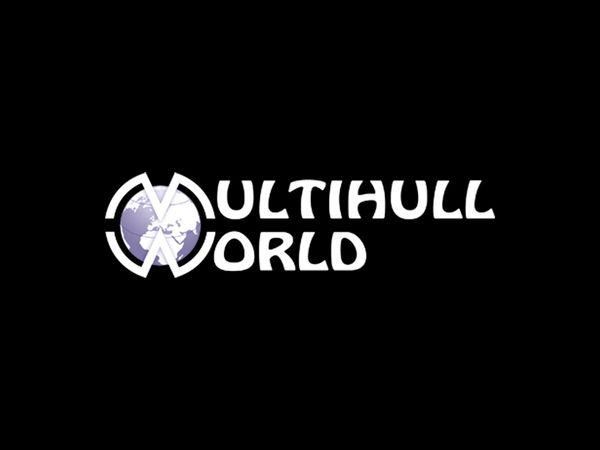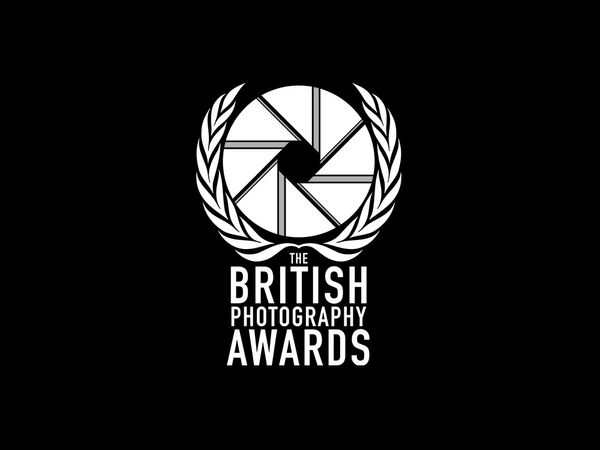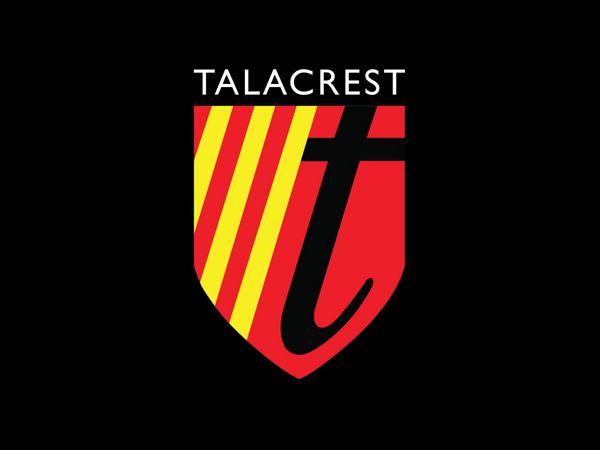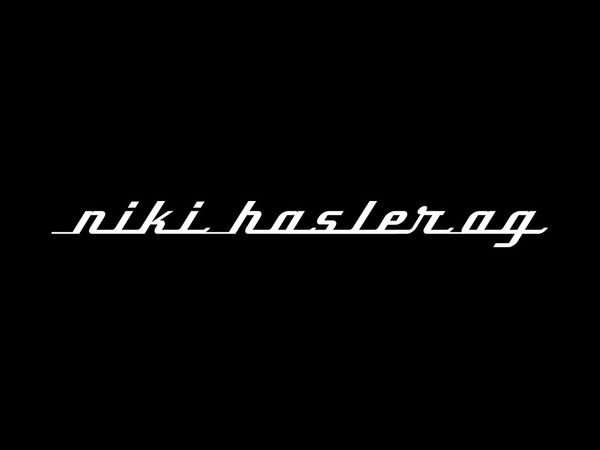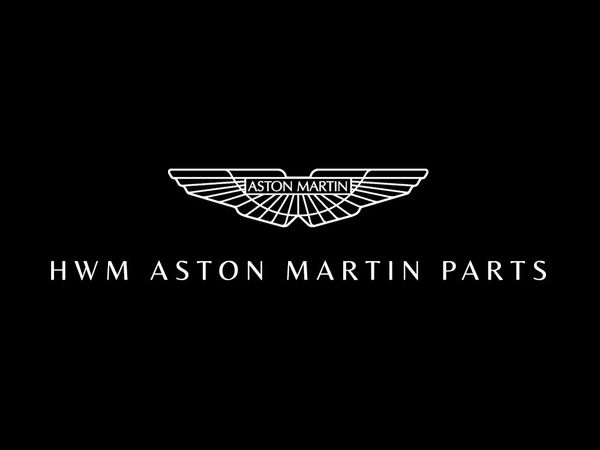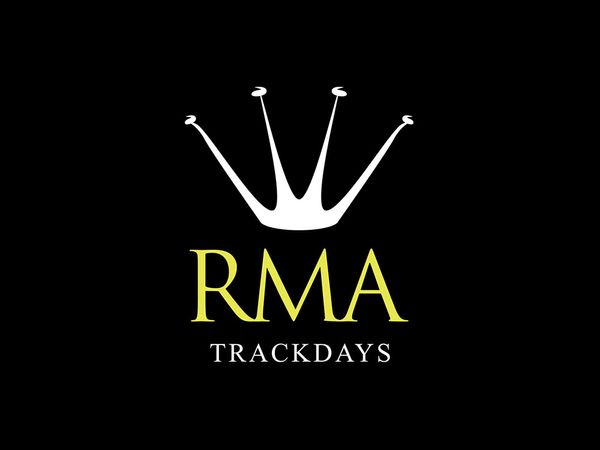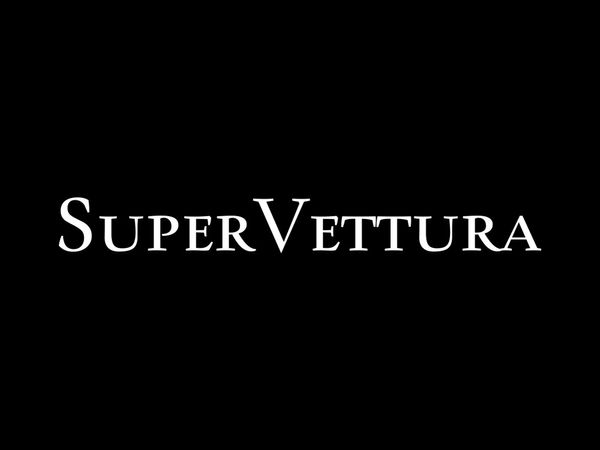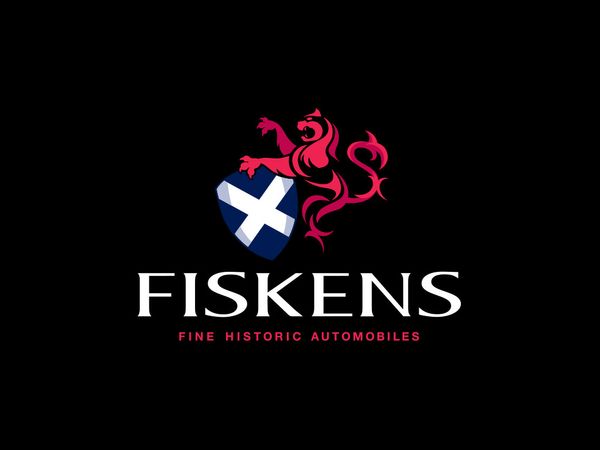Image: Lancia Stratos HF works rally car - ‘Alitalia’ livery
Motorsport’s best-known sponsorship-art celebrated at Salon Privé this month
‘Alitalia’-logo’d Lancia Stratos HF epitomises mid-‘70s Word Rally scene
Ex-Colin McRae ‘555’ Impreza synonymous with Subaru’s WRC domination
‘Silk Cut’ Jaguar XJR-8/9 & ‘Rothmans’ Porsche 962 predate tobacco-ad bans
Blenheim Palace to host Salon Privé Concours in its 19th anniversary year
It was all about the branding. For motorsport enthusiasts the world over, the images of our favourite cars remain all the more vivid thanks to the sponsorship deals struck by their makers – and, of course, the artistic flair with which a backer’s brand identity was applied to their body panels.
Salon Privé has run with this theme and gathered some of the world’s most important competition cars, each of which is identifiable alone by its title-sponsor’s graphics. The Legendary Liveries Class includes epic racers from the Group C era, like the Silk Cut Jaguar XJR-8/9 and Rothmans Porsche 962. But Salon Privé’s two works rally giants – one from the 1970s, the other from the ‘90s – are equally famous for the company names that adorned their flanks.
Lancia Stratos HF works rally car, chassis #829ARO*001637* - ‘Alitalia’ livery
Needing to replace the long-lived Fulvia 1.6 HF works rally car, Lancia commissioned Bertone to design a successor. The new car was to be first and foremost for competition, with (at the time) a mandatory 400 ‘Stradale’ road cars produced to satisfy Group 4 homologation requirements. Bertone’s Marcello Gandini penned the Stratos’s radical wedge-shaped, two-seat body, basing it on his 1970 Stratos Zero concept. The car was then officially launched at the Turin Motor Show in 1971, powered by Ferrari’s 2418cc Dino V6 engine, mid-mounted transversely behind the cabin.
Salon Privé’s car – better known by the last part of its chassis number, ‘1637’ – was assembled in 1974, the year that Stratos WRC victories were coming in thick and fast for Lancia. It was sent to Lancia Squadra Corse where it was equipped to Group 4 specification, including a rise in power from the Stradale’s 190bhp to a more competition-friendly 275bhp.
But while most Stratos were prepared for gravel or tarmac events, 1637 was to be the first test car for the 1975 Safari Rally. As such, it received large metal guards front and rear to protect it from errant wildlife, a redesigned air-filtration system for Africa’s dusty tracks, and longer-travel Bilstein dampers to cater for the rocky roads the teams would encounter.
Rally drivers Sandro Munari and Vic Preston Jnr (son of ex-rally man Vic Preston, who had won the Safari three times before) were enlisted for the tests, with Preston’s father looking after logistics and maintenance of the car. Preston Snr also struck a deal with Lancia for his son to drive 1637 in the rally under the ‘Team Vic Preston’ banner, but supported by Lancia’s Works operation, along with its two official white, red and green ‘Alitalia’-sponsored cars (Alitalia being Italy’s national airline carrier).
Surprising everyone, Preston Jnr, with co-driver John Lyall, drove 1637 to an 11th overall finish in the 6,500km event, with Sandro Munari and Björn Waldegard coming in second and third in their Alitalia cars. Frustratingly, Preston and Lyall had missed 10th spot by a mere three minutes.
Re-registered from its Italian number to ‘KLW 106’, and repainted yellow/black, 1637 was sold after the Safari and remained in Kenya. New owners Sergio Lolli and Frank Tundo campaigned the car in local events, including the 1975 Coca-Cola Bottlers Rally and 1100km Minaldi Rally, where it came 4th overall.
Meanwhile in the UK, Lancia dealer Graham Warner from The Chequered Flag was hatching a plan to take a Stratos rallying, branded with his garage’s name. His first car – ‘Stratos 1’ – was crashed early on, so when Warner heard of 1637 being for sale, he flew to Kenya to secure a deal, and brought it back to the UK in 1976, re-registering it OYU 353R.
The now well-used Stratos was campaigned in The Chequered Flag colours in WRC events through the rest of 1976, ’77 and ’78, mainly with Billy Coleman at the wheel. But for the 1979 Donegal International Rally, Cathal Curley was driving and crashed the car, which ended up on its roof. Even though no serious damage had been done, Warner switched to a reserve Stratos, and 1637 was sold. It remained in the UK for a few more years, before then being sold to Japanese collector Masanori Yokoyama. Its new owner commissioned a full restoration of the car by ex-Works Stratos engineer Claudio Maglioli, who upgraded the engine to 24-valve-specification, for an output of 320bhp. The rebuild was topped with a complete repaint in Lancia Works’ Alitalia colours, matching those of the two cars it had supported ahead of the 1975 Safari Rally.
Since 2017, 1637 has been part of a private collection in Europe.
1996 Subaru Impreza WRC97, chassis #PRO/WRC/97001 – ‘555’ livery
Even though the sponsorship deal which Subaru forged with British American Tobacco brand ‘State Express 555’ in 1993 eventually petered out, the Japanese car maker continued to use the ‘555’ design on its cars, recognising the strong association it had created with its former sponsor’s blue and yellow logo.
Salon Privé’s car – chassis #97001 - not only still carries its distinctive ‘555’ graphic, but is notable in being the first of type, used by Colin McRae for testing, and effectively laying the foundations for Subaru’s 1997 WRC team victory.
Subaru’s UK-based partner, Prodrive, had developed the Impreza WRC97 in response to a major change in regulations for the 1997 season, which saw Group A being dropped completely. The new car was based around a two-door GC8 shell, re-styled by designer Peter Stevens, with a CAD-penned integrated roll-cage to increase structural rigidity, and fixing points for the car’s MacPherson struts changed to allow for greater damper movement. Subaru’s turbocharged 1994cc flat-four engine was tuned to deliver 310bhp and 367lb ft of torque, and, for the last time, it was mated to a manual H-pattern gearbox (paddles were used from the 1998 season).
Early testing in 97001 paved the way for a bumper 1997 season, with its sister cars winning eight out of 14 WRC rounds, including a total of 119 stage wins. As well as Subaru clinching the manufacturers’ championship, Colin McRae came tantalisingly close to taking top driver honours, too, narrowly pipped to the post by Mitsubishi’s Tommi Mäkinen.
Meanwhile, 97001 went into private hands and continued to be campaigned, winning 11 rallies outright, as well as providing nine-times motorcycle champion Valentino Rossi with his first rally success, when he finished seventh in the Rally di Monza. In 2009, the Impreza was returned to Prodrive and restored to its original specification. The car now resides in Suffolk, and is looked after by an engineer who maintained it when it was new.
Quote from Andrew Bagley, Concours Chairman of Salon Privé
“We may sometimes despair at the level of commercialism in motorsport, but where would we be without it. Our Legendary Liveries Class proves that it has at least brought some very bold and unforgettable identities to competition cars over the years. So memorable are models like the 555 Subaru WRC and Silk Cut Jaguar XJR-8 that it’s now almost impossible to refer to them without mentioning their title sponsors’ names. Salon Privé’s collection includes some of the most famous examples of the ‘art’, and is sure to stir happy memories for our guests.”
Group C titans to join Salon Privé’s Legendary Liveries Class
Shell Dunlop Works Porsche 962
Striking German flag colours and Shell Dunlop livery; used just once at Le Mans
High-boost, water-cooled 3-litre engine, producing a reputed 880bhp with qualifying boost
Last Works Porsche 962 built, developed purely for the 1988 Le Mans 24 hours race
Driven by Derek Bell, Hans Stuck and Klaus Ludwig – who shared 10 previous LM wins between them
Dominant pole position, fastest race lap, and a race-long battle, finishing 2nd overall and less than a minute behind the wining Jaguar
Ran out of fuel early in the race, coasted back to the pits, and then regained position by the following morning, after being two laps down
taka-Q Works Toyota 88C
Striking taka-Q livery, immortalised by the double Le Mans-winning New Man/taka-Q Joest Porsche team’s 956s at Le Mans in 1984, ‘85 and ‘86
Unique livery of the two works Toyota 88Cs to race at Le Mans in 1988
Driven by Tiff Needell, Paolo Barilla and Hitoshi Ogawa at Le Mans
Started from 10th place at LM, ahead of two Silk Cut Jaguars, the Sauber Mercedes and many 962s
One of very few cars to have raced in all three Group C championships in period
Le Mans, Daytona, Sebring, Japanese Group C and IMSA history and success
Iconic 2.1-litre 4-cylinder engine, producing 650bhp
Silk Cut Jaguar XJR-8/9
Iconic double Le Mans winning Silk Cut livery, used for 5 consecutive seasons
The #3 XJR-9 LM at Le Mans in 1988, which provided the in-car race video footage
The #4 XJR-9 LM in 1989 and finished 5th overall at the final period race for the XJR-9, at the Mexico season finale
The 1987 World Sportscar Championship winner, as an XJR-8, which won 8 of the 10 races
Wins with this car at Jerez, Silverstone, Brands Hatch and Nürburgring
Driven by Eddie Cheever, John Nielsen and Raul Boesel in 1987 season
Raced at Le Mans in 1988 and 1989 and an XJR-9 LM
Rothmans Works Porsche 962
One of the most famous liveries in history, used by the works Porsche team for the entire World championship campaign, across seven seasons and with four Le Mans wins with this livery
One of two new lightweight-spec cars built for the 1987 season, the last of seven Works Rothmans cars built in total for the world championships
One of only two Works 962s to race in both the Rothmans and Shell Dunlop liveries
Four consecutive pole positions and a podium result in every race entered in the 1987 season as the #17 Rothmans car, driven by Derek Bell and Hans Stuck
Pole at Le Mans in 1987 wearing #18, driven by Jochen Mass, Bob Wollek and Vern Schuppan
Updated for 1988 Le Mans, the Shell Dunlop #19 livery with an all-Andretti family driver line up
The last 962 to be entered by the works team, at the 1,000kms of Fuji in October 1988, in the striking blue Omron livery, driven by Klaus Ludwig and Price Cobb

